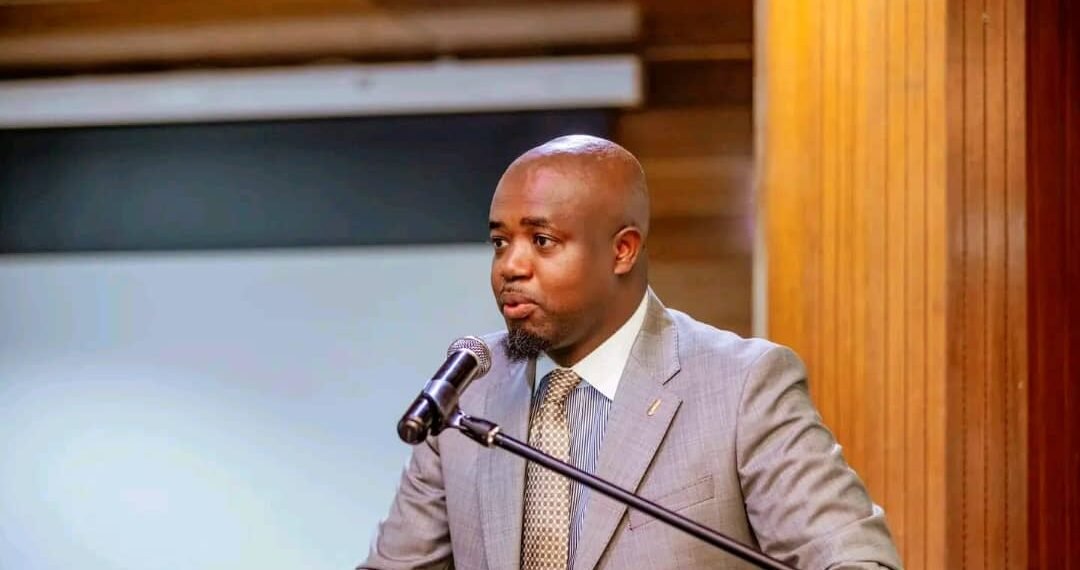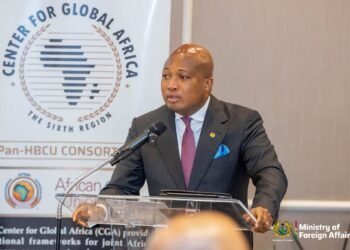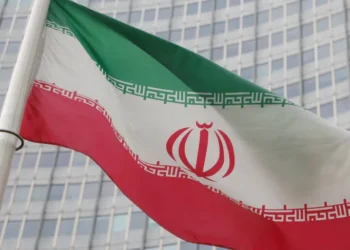Ghana’s energy security and by extension, its economic stability is being held hostage by logistical bottlenecks that have no business existing in a country striving to be a West African energy hub.
At the heart of this issue is a simple but urgent truth: the country needs a second Conventional Buoy Mooring (CBM) facility, and it needs it now.
The recent call by the Chief Executive of the National Petroleum Authority (NPA), Mr. Godwin Kudzo Tameklo, for swift government approval of a second CBM should not be brushed off as another routine industry wish-list. It is a wake-up call rooted in economic logic, national interest, and regulatory foresight.
Mr. Tameklo made the call during a panel discussion themed “Leveraging Upstream Oil and Gas Development to Boost the Downstream Value Chain in Ghana.”
He said that while Ghana’s regulatory framework has made progress, infrastructural limitations at critical facilities continue to hinder efficiency in the petroleum downstream sector.

“As a regulator, one of the things we are trying to look at is the issue of discharge, which has become a major problem.
“But thankfully, the Energy Minister, John Abdulai Jinapor, has agreed, and we are at the stage of getting government approval for a second Conventional Buoy Mooring facility.”
Mr. Godwin Kudzo Tameklo, Chief Executive of the National Petroleum Authority (NPA)
The new facility, once approved and developed, would allow two vessels to berth simultaneously, one for diesel and the other for petrol thereby cutting down on wait times and operational inefficiencies.
According to Mr. Tameklo, the investment is expected to be self-sustaining in the long run. “The thinking is that the throughput fee alone will have the capacity of repaying for itself,” he added.
Addressing Storage Limitations at Takoradi
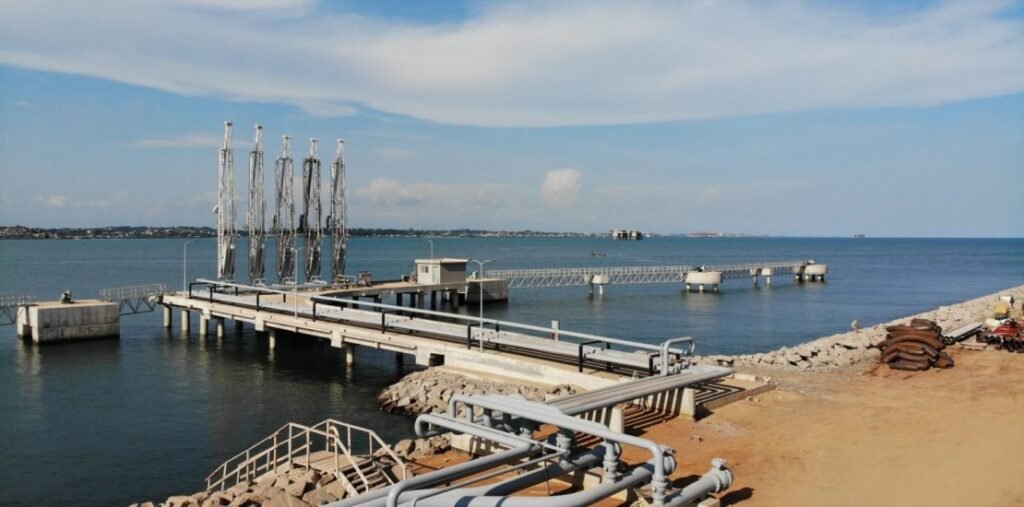
Beyond mooring facilities, Mr. Tameklo highlighted the urgent need for expanded storage capacity at the Takoradi Jetty.
He warned that without adequate infrastructure, the facility’s ability to handle large volumes of petroleum products would be compromised, ultimately slowing down distribution and affecting both pricing and supply reliability.
“BOST will need to help us. The Takoradi Jetty can pick not less than 65,000 metric tonnes of products, but the question is do we have the corresponding storage facility to pick the products when they come? We need critical infrastructure over there.”
Mr. Godwin Kudzo Tameklo, Chief Executive of the National Petroleum Authority (NPA)
He stressed that the NPA, as a regulator, should not become a player in the market, urging either private sector investors or the state-owned Bulk Oil Storage and Transportation Company Limited (BOST) to step up.
Green Transition and Pentane Commercialisation

The call for infrastructure development was echoed by other industry leaders at the forum, including the CEO of the Ghana National Gas Company, Mrs. Judith Adjobah Blay.
She spoke about the company’s ongoing efforts to commercialise pentane gas; a by-product currently being flared due to a lack of processing capacity. “To fit into the green transition agenda, there are plans to commercialise pentane gas,” she said.
“As of now, if you go to Ghana Gas and see a flare, it’s because we are flaring that product.
“But we simply do not want to flare gas anymore. So, it is the agenda for us to look into a feasibility study to commercialise pentane.”
Mrs. Judith Adjobah Blay, CEO of the Ghana National Gas Company
Mrs. Blay called on investors to explore opportunities in the gas processing sector, assuring them that Ghana Gas operates on a solid cost recovery framework that offers attractive returns.
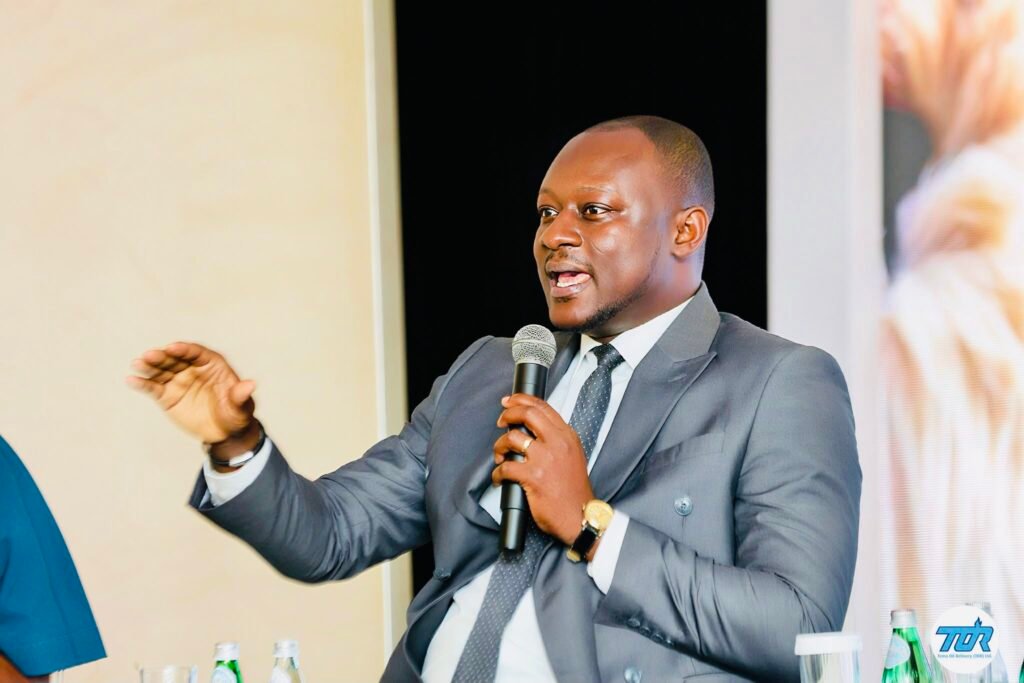
In a related development, the Managing Director of Tema Oil Refinery (TOR), Mr. Edmond Kombat, also shared plans to revive and modernise TOR’s operations.
He said efforts are underway to reposition the refinery as a profitable and sustainable part of Ghana’s energy infrastructure.
Additionally, Mr. Afetsi Awoonor, Managing Director of BOST, noted that the company is focused on revamping existing infrastructure and exploring cross-border petroleum supply partnerships.
“We are working with SONABHY in Burkina Faso to supply petroleum products from Tema to the Sahelian regions.”
Mr. Afetsi Awoonor, Managing Director of BOST
For the regulator, the immediate priority remains clear: securing approval and investment for the second Conventional Buoy Mooring facility.
Ghana has the potential to lead the sub-region in petroleum logistics and distribution. But potential is not enough. The call has been made, the case has been argued, and the consequences of inaction are already being felt.
With these infrastructures in place, Ghana would not only ease delays and lower costs but also reinforce its standing as a reliable energy hub in the sub-region.
READ ALSO: Market Cheers as Ghana’s Treasury Auction Breaks Four-Week Drought with 15.8% Oversubscription

